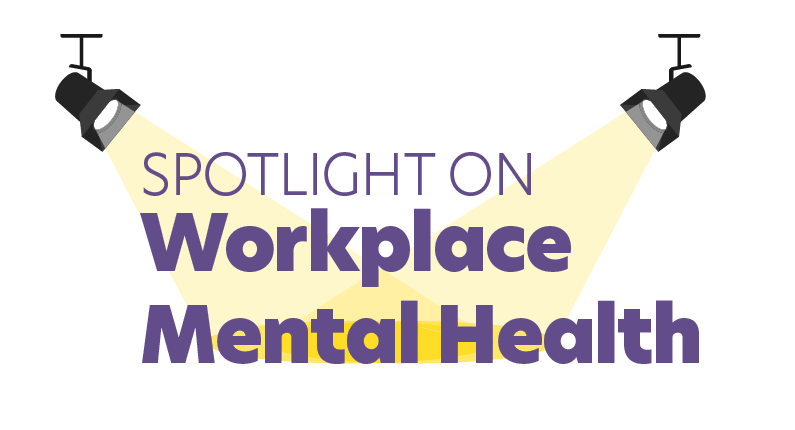
3 minute read
Workplace Mental Health SPOTLIGHT
Workplace Mental Health SPOTLIGHT ON
When it comes to our mental health, the way we work can no longer be an afterthought. We know that meaningful and rewarding work can impact positively on our mental health.
On the flip side, work can negatively impact our mental health when our workplace is poorly managed and we’re dealing with high workloads, customer and client aggression, poor worker relationships and other psychosocial hazards.
Safe Work Australia has just released its Psychological Health And Safety In The Workplace Report, which identifies a worrying trend – with work-related mental health issues rising by 36.9% since 2018
Building Awareness Of An Emerging Problem
When you tally up the median time lost and compensation paid for mental health conditions in the workplace, it’s more than four times greater than that of all other injuries and illnesses. Thankfully, there is a growing awareness of the issue of workplace psychosocial hazards.
Psychosocial hazards, just like physical health and safety hazards, are all too common in modern workplaces and have the potential to cause psychological harm. Hazards like high and low job demands, isolated work conditions, and poor role clarity all contribute to poor workplace mental health.
Another issue is the stigma workers often face – from colleagues and bosses – once they make a claim for a mental health condition.
A Disproportional Impact On Women
The impact of psychosocial hazards isn’t evenly distributed. In fact, the report identifies that 57.8% of all mental health conditions were reported by women. There are reasons for this disparity.
For instance, the industries that have a higher percentage of women workers – namely healthcare and social assistance and public administration and safety – are also the industries that have higher rates of serious mental stress, workplace bullying, work pressure and exposure to workplace or occupational violence.
The Right To Disconnect
One thing we all need to manage our mental health is time outside of work to rest and focus on recreation.
But the widespread integration of digital communication technologies has gradually eroded our ability to disconnect from work, bringing work stress into our personal lives. In fact, The Australia Institute found that 79% of Australians have worked outside scheduled hours – adding up to an average of 280 hours of extra work each year.
“The Workplace Report identifies a worrying trend - with work-related mental health issues rising by 36.9% since 2018...”
But there’s good news for workers – the Albanese Government recently passed a ‘right to disconnect’ law, empowering workers to ignore unreasonable communication from their employer outside of their work hours. This is a big deal for many workers who feel immense pressure to stay connected 24/7.
A right to disconnect is all about preserving a healthy separation between home and work life, and prioritising the mental health of workers. The change better reflects the evolving nature of work in modern digital workplaces.
Source: www.australianunions.org.au/2024/03/06/workplace-mentalhealth-in-the-spotlight/ Published: 06/03/2024










